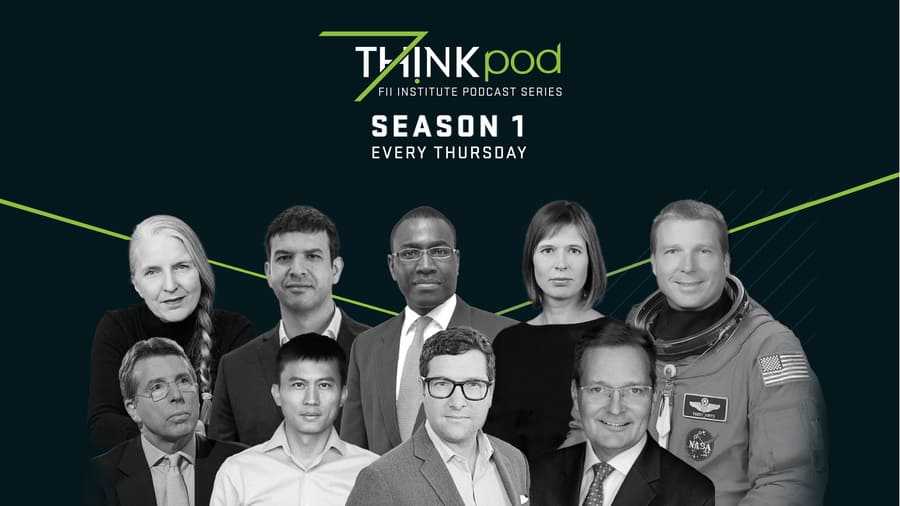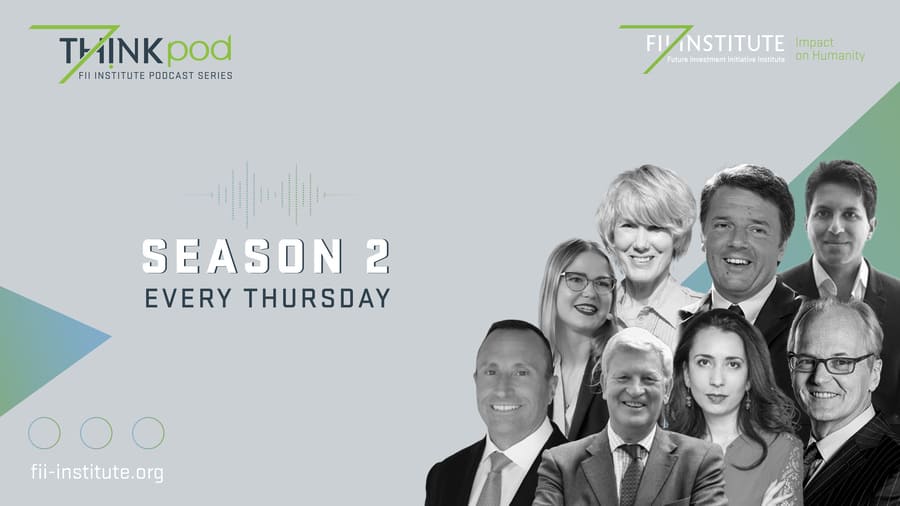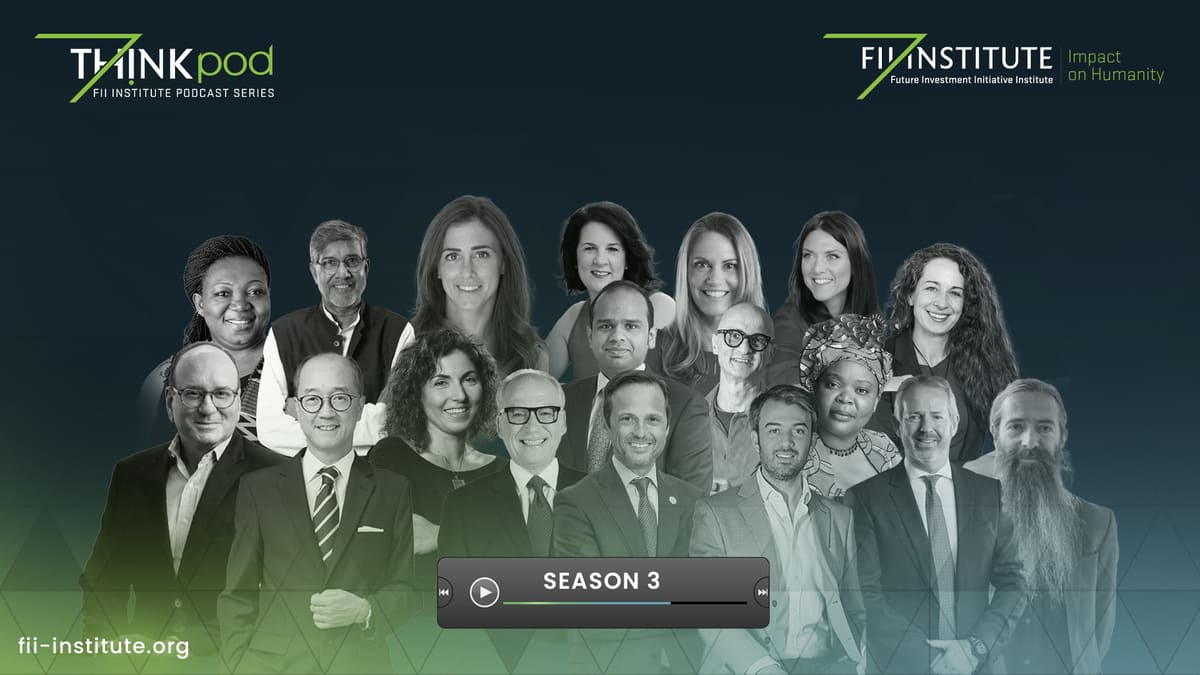KNOWLEDGE CENTER
Guidance for the global community of investors, policy makers, business executives and humanists seeking insight into a promising future.
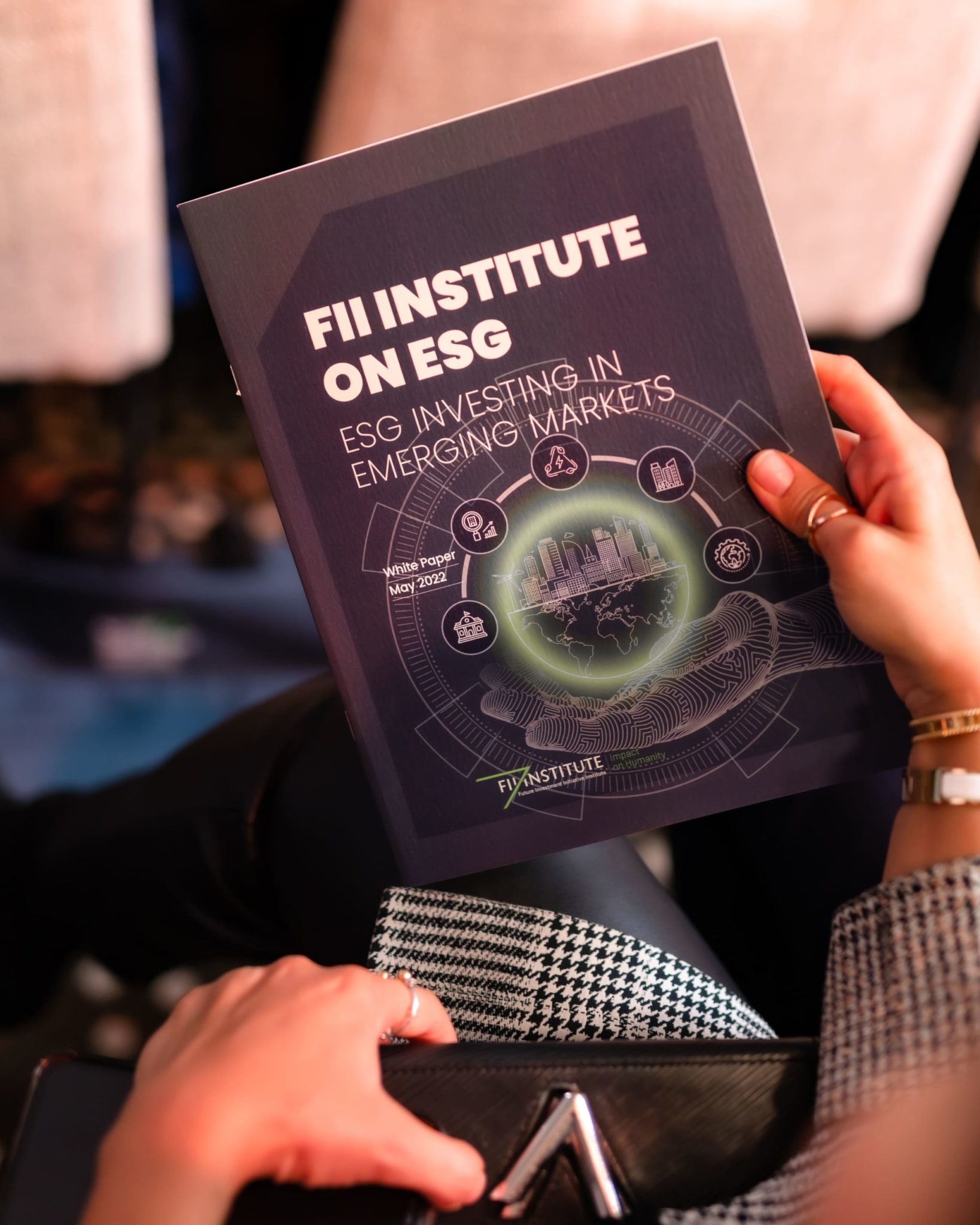
PUBLICATIONS
View All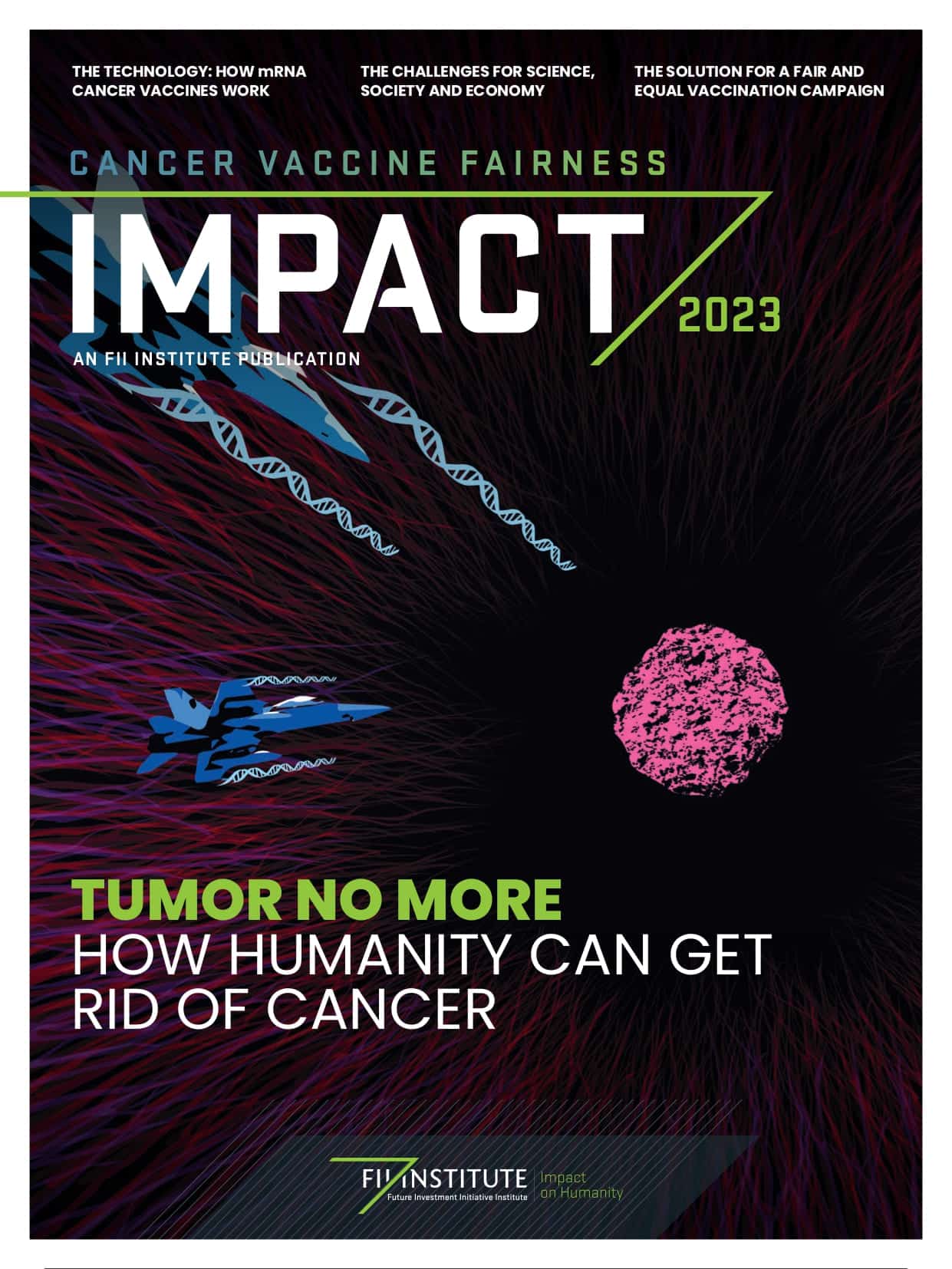
Healthcare
Cancer Vaccine Fairness: Tumor No More
This report examines the potential impact and challenges of cancer vaccines, proposing a debate about the best and most equitable way to put an end to cancer. It includes illustrations by Daniel Hertzberg, and discusses the need for studies with clearly defined plans to treat a defined number of patients, as well as the potential of mobile production facilities for mRNA.
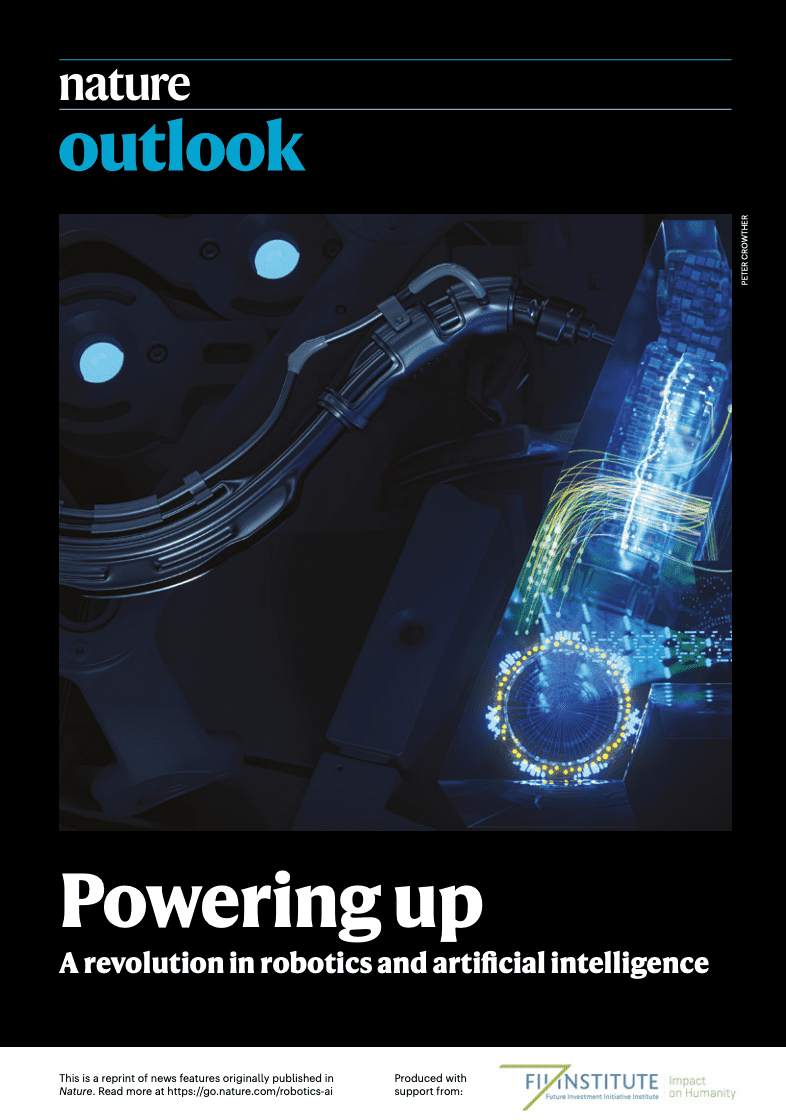
AI & Robotics
Powering up: A revolution in robotics and artificial intelligence
We are now living through the early stages of a similarly rapid revolution in robotics and artificial intelligence — and the effect on society could be just as enormous.
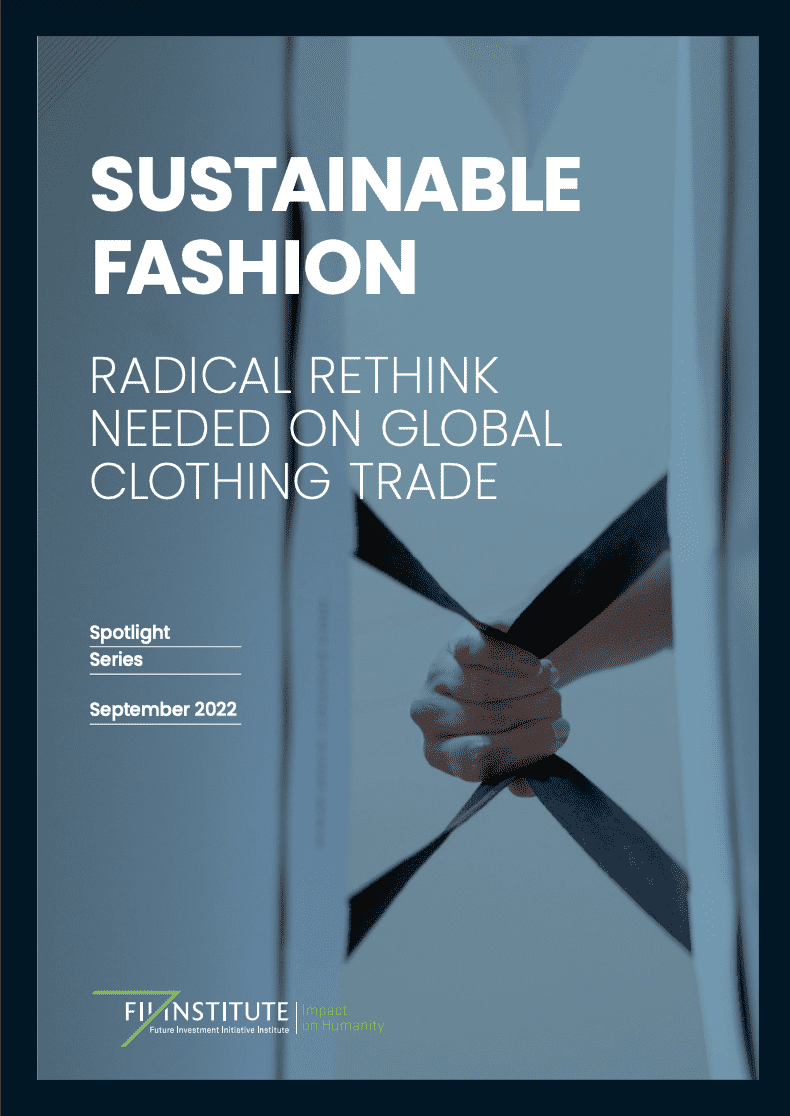
Sustainability
Sustainable Fashion: Radical Rethink Needed on Global Clothing Trade
Today’s throwaway clothing or “fast fashion” has negative environmental impacts at every stage of its life cycle. Current systems are not sustainable. We need to change what our clothes are made from, where and how they are produced, and how we dispose of them.
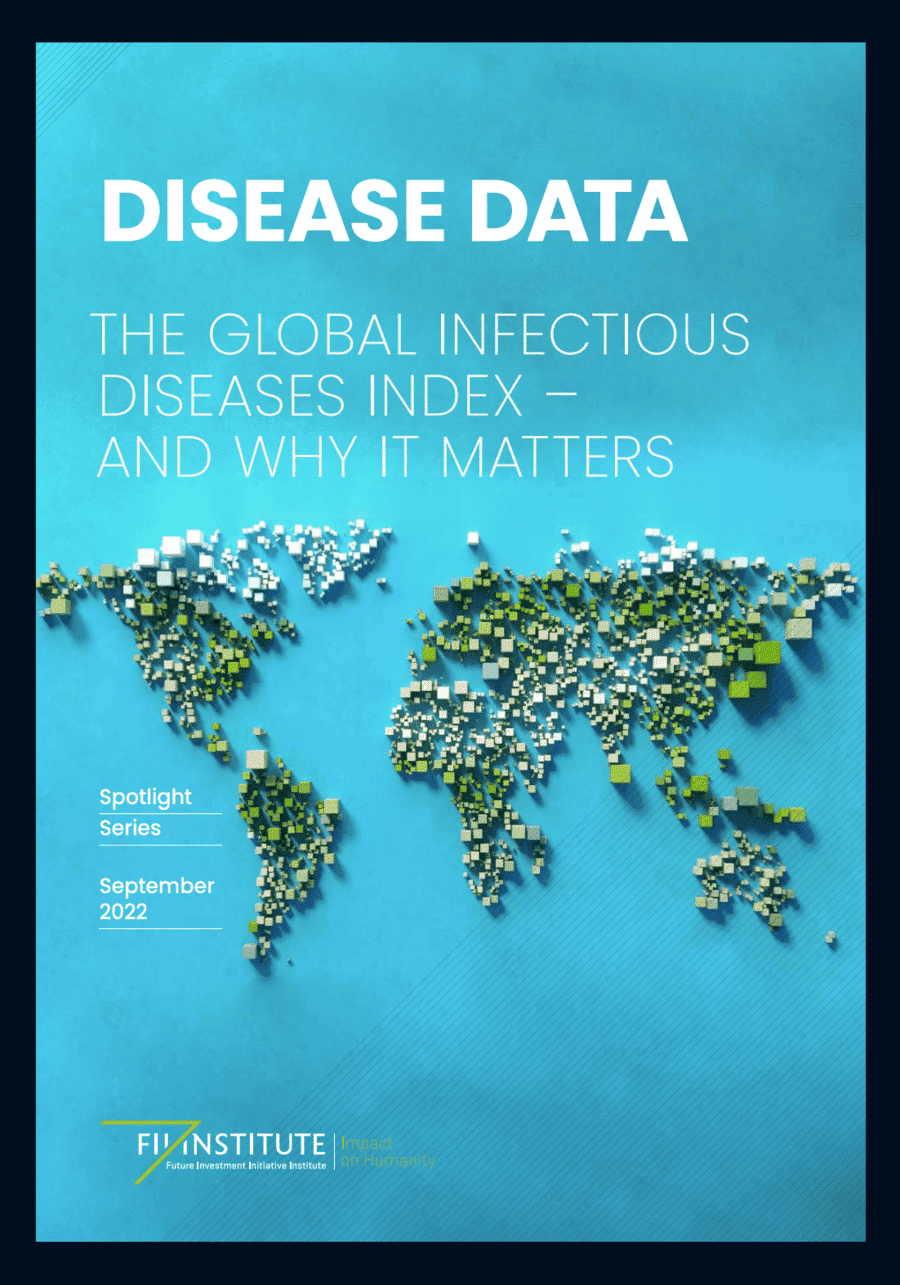
Healthcare
Spotlight Series: Disease Data
IN SEPTEMBER 2021, THE FII INSTITUTE launched its Global Infectious Disease Index (GIDI), providing valuable information to help health professionals and the general public assess the readiness and vulnerability of global healthcare systems in tackling endemic and emerging epidemic diseases. Since its launch, GIDI has acquired a reputation as a scientifically rigorous and credible resource, unique in its field, that serves as a transparent metric and a unified source of truth for anyone with an interest in infectious diseases.
TH!NKpod
View AllLearn more
POST EVENT REPORTS
View AllFEATURED CONTRIBUTIONS
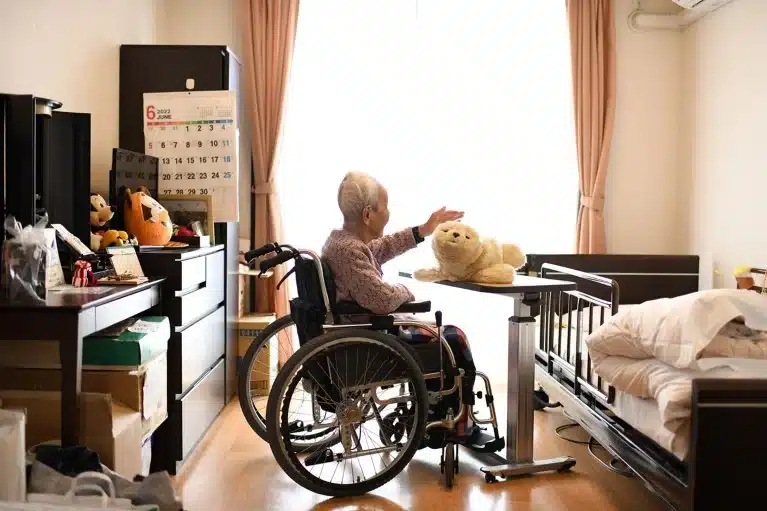
Are robots the solution to the crisis in older-person care?
Addressing global elderly care resource shortages, social robots provide companionship and assistance, enhancing the well-being and independence of the elderly. But, some researchers are beginning to question if these devices are ready for widespread use or if the investment in technology is better spent in traditional care methods. Explore the debate in our recent Nature sponsor feature here
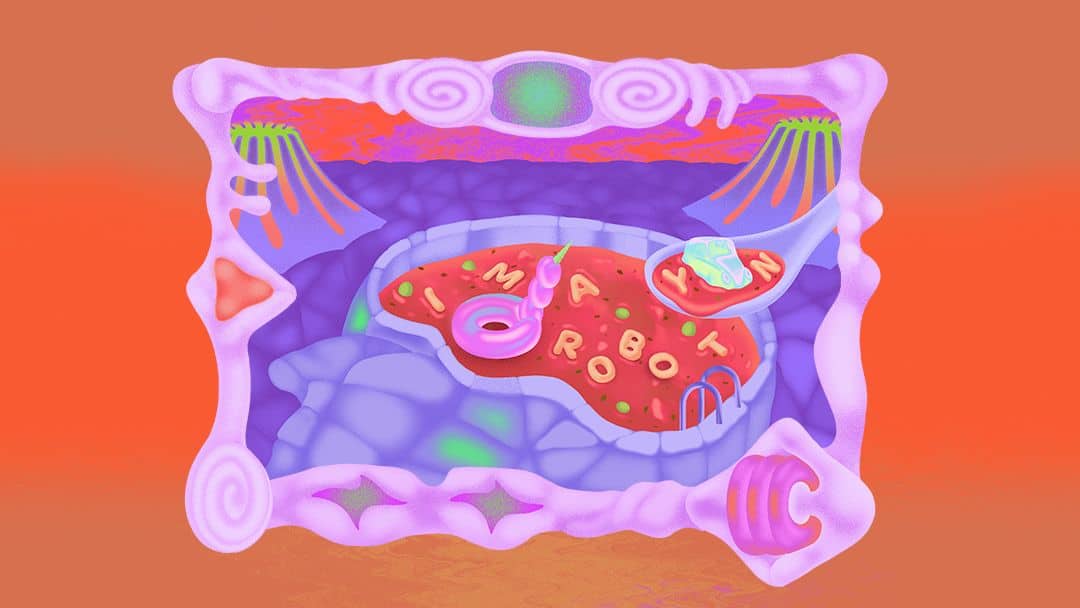
A test of artificial intelligence
As debate rages over the abilities of modern AI systems, scientists are still struggling to effectively assess machine intelligence.

Will ChatGPT give us a lesson in education?
There might be a learning curve as AI tools grow in popularity, but this technology offers teachers opportunities to help pupils acquire new skills around formulating questions and in critical thinking.
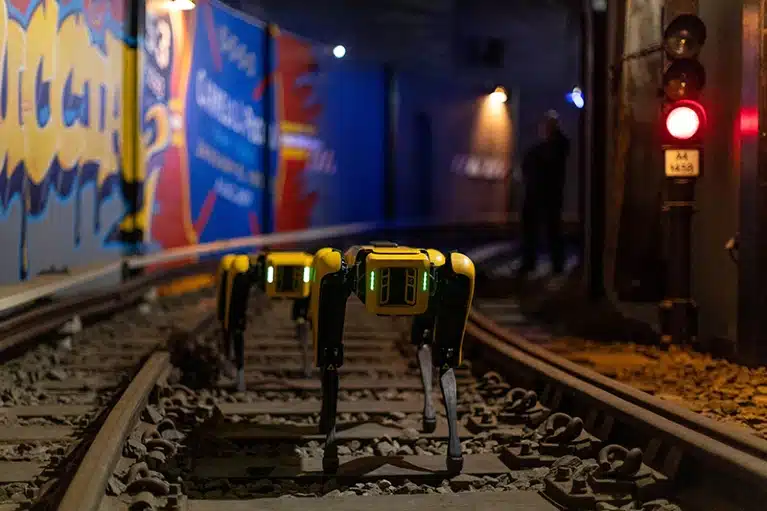
Robots need better batteries
As mobile machines travel farther from the grid, they’ll need lightweight and efficient power sources.

Accelerating sustainable finance in the Middle East and Africa
Financial institutions and governments in the region must drive the development and growth of sustainable finance to respond to the climate crisis.
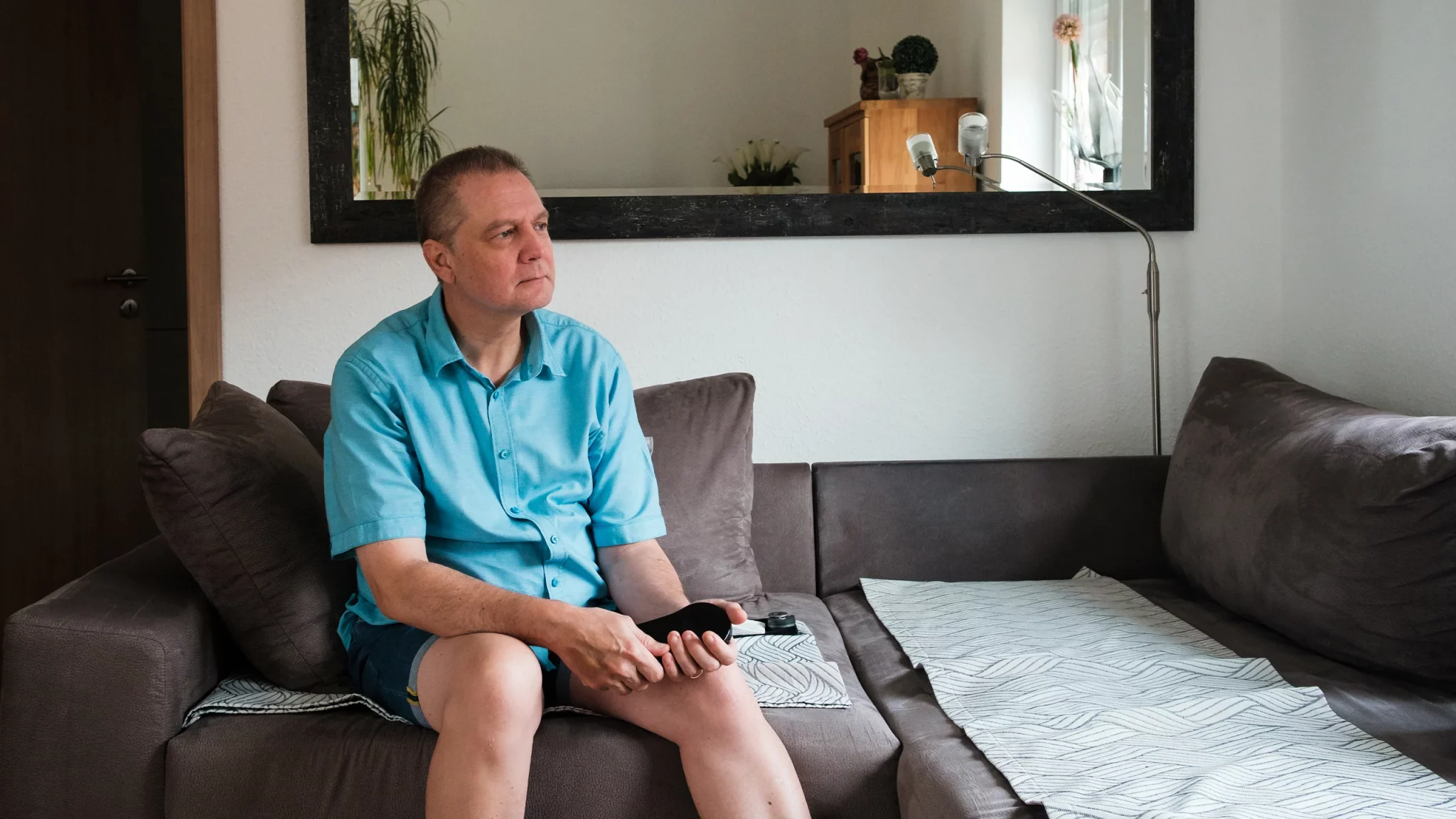
Abandoned: The Human Cost of Neurotechnology Failure
When the makers of electronic implants abandon their projects, people who rely on the devices have everything to lose.
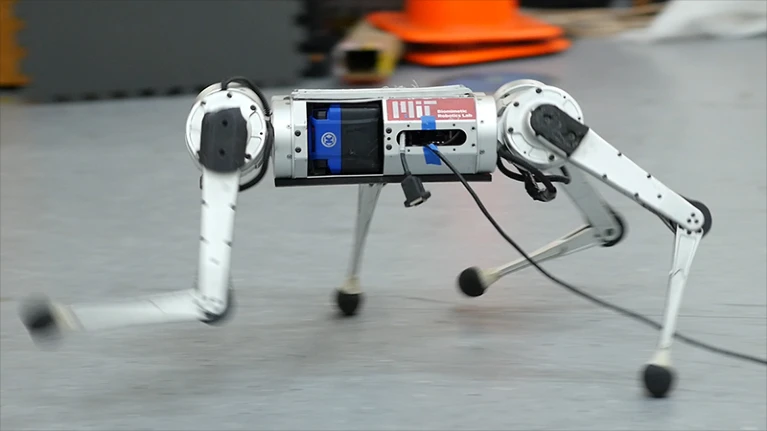
Bioinspired robots walk, swim, slither and fly
Engineers look to nature for ideas on how to make robots move through the world.
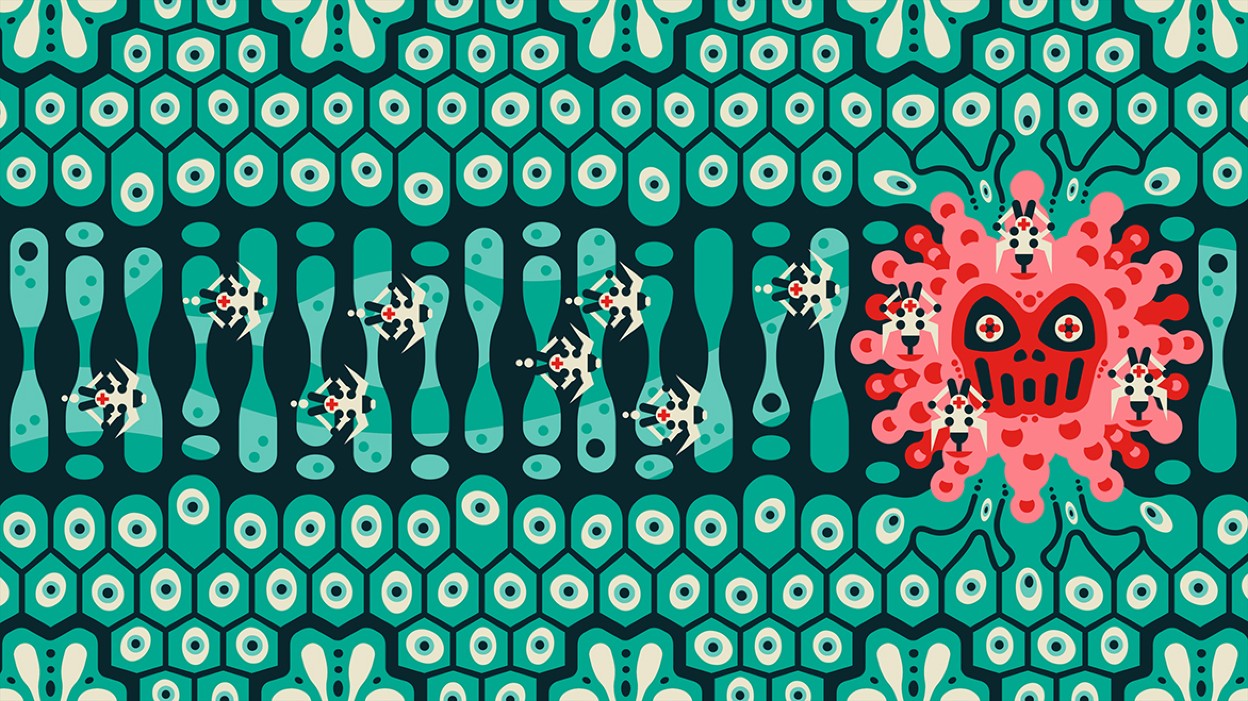
Miniature medical robots step out from sci-fi
Tiny machines that deliver therapeutic payloads to precise locations in the body are the stuff of science fiction. But some researchers are trying to turn them into a clinical reality.
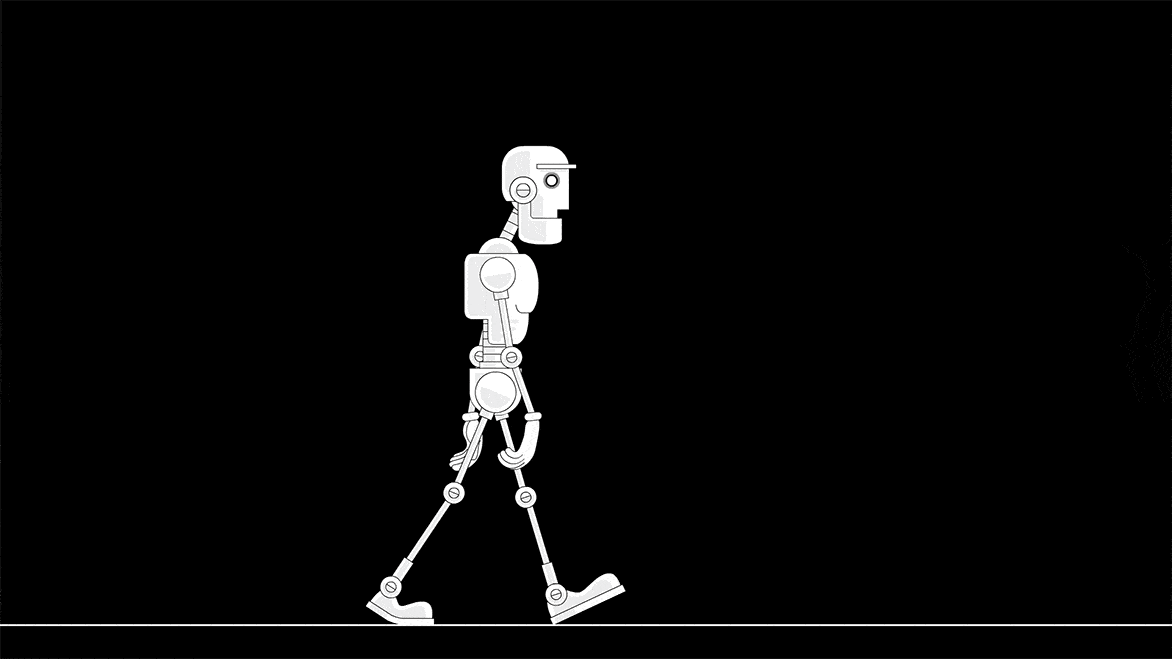
Learning over a lifetime
Artificial-intelligence researchers turn to lifelong learning in the hopes of making machine intelligence more adaptable.
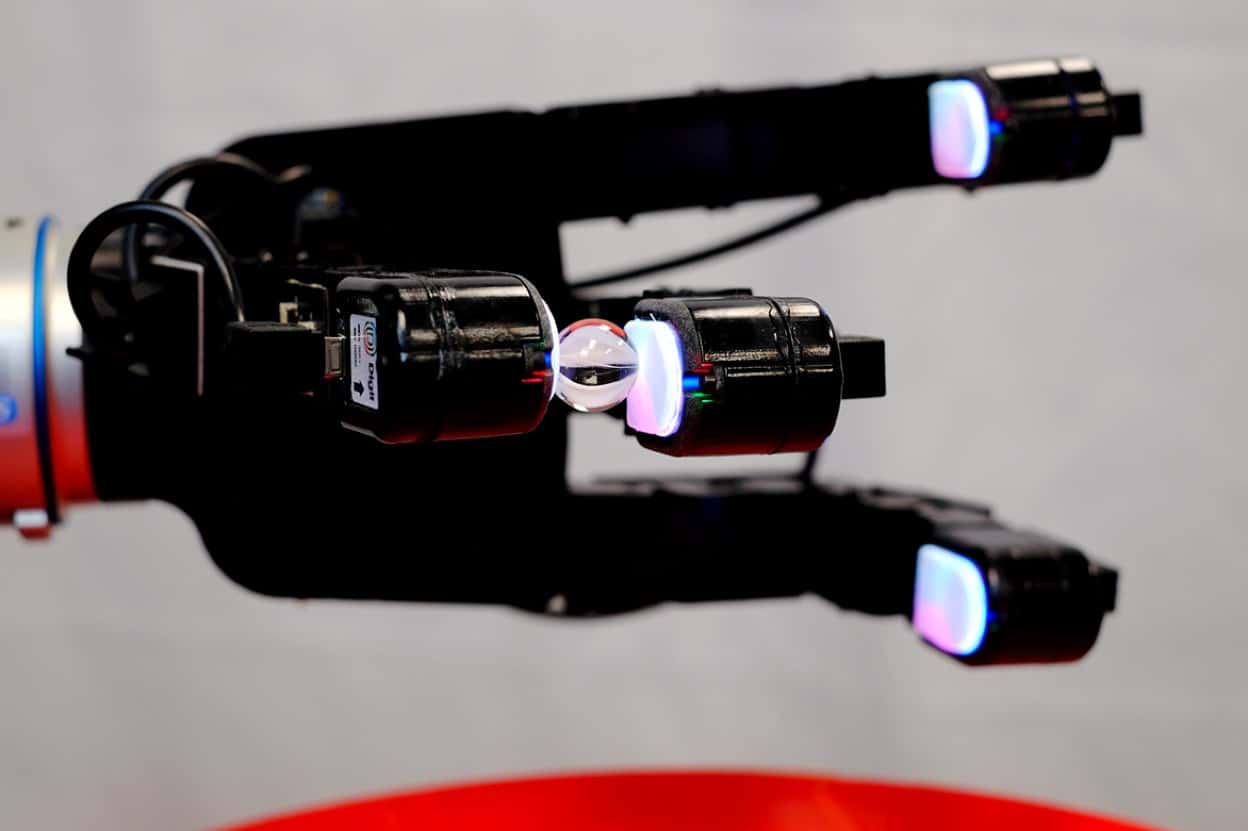
Teaching robots to touch
Robots have become increasingly adept at interacting with the world around them. But to fulfil their potential, they also need a sense of touch.
Strategic Partners’ Perspectives
Academic Partners’ Impact

HEC Paris x FII Institute: Recap of 2022
The FII Institute's partnership with HEC Paris aims to make a positive impact on humanity through their THINK Pillar. Associate Professor Daniel Halbheer's research chair on "Business Models for the Circular Economy" focuses on reducing resource and environmental footprints while having economic and social benefits.


